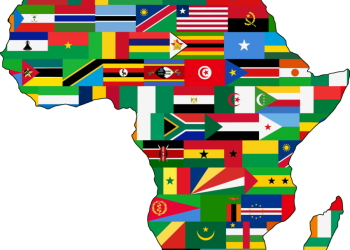In 2025, scams have become smarter, and sadly, more Nigerians are falling for them daily. From fake job offers to fake bank alerts, the tactics have changed, but the goal is the same: steal your money and your personal information.
Many of these scams happen on WhatsApp, Instagram, and fake websites. So, whether you’re a student, worker, or business owner, this article will open your eyes to the everyday scams Nigerians are falling for and how to protect yourself.
1. Fake Remote Job Offers
Scammers now pretend to be big brands like Dangote, Chevron, or MTN, offering remote jobs with big salaries. You’ll be asked to pay “processing fees” for training, ID cards, or work kits. Once you pay, they disappear. No real job should ask you to pay to get hired.
2. Fake Bank Alert Scams
This is one of the top everyday scams Nigerians are falling for in 2025. You sell something, get a “credit alert,” but later realize no money entered your actual account. These fake alerts look real, but they’re not from your bank. Always check your mobile banking app or dial your bank code to confirm the payment; don’t trust SMS alone.
3. Instagram Business Fraud
Someone sells “cheap phones,” “wig deals,” or “imported shoes” on Instagram. Yes, we see that daily, right? You pay, they block you. In many cases, they post fake reviews and use stolen photos to look legit. Always check for a verified phone number or physical store before you make a payment.
4. Investment Scams (Crypto, Forex & MMM-like Platforms)
You’re promised 50% Return on Investment (ROI) in 3 days if you invest in “crypto,” “real estate,” or “online trading.” Many of these are Ponzi schemes, and early joiners get paid from new victims’ money until the system crashes. If it sounds too good to be true, it’s a scam.
5. POS Machine Fraud
POS agents can now clone your ATM card or inflate transaction amounts. Some even swap original receipts with fake ones or press “reversal” when you’re not looking. Always cover your PIN and insist on checking your phone alert before leaving.
6. Scholarship and Visa Scam Pages
Fake websites now promise fully-funded scholarships or work visa packages to Canada, the UK, or Dubai. You’ll be asked to “register” with a fee, then ghosted. Always check on official embassy websites or trusted platforms.
7. Giveaway and Celebrity Impersonation Scams
Have you seen a page claiming to be Davido, Wizkid, or Don Jazzy doing giveaways? They’ll ask you to pay “a small fee to unlock your prize.” Celebrities don’t ask you to pay money to get money. Always verify the account handle.
NIGERIAN TRIBUNE








